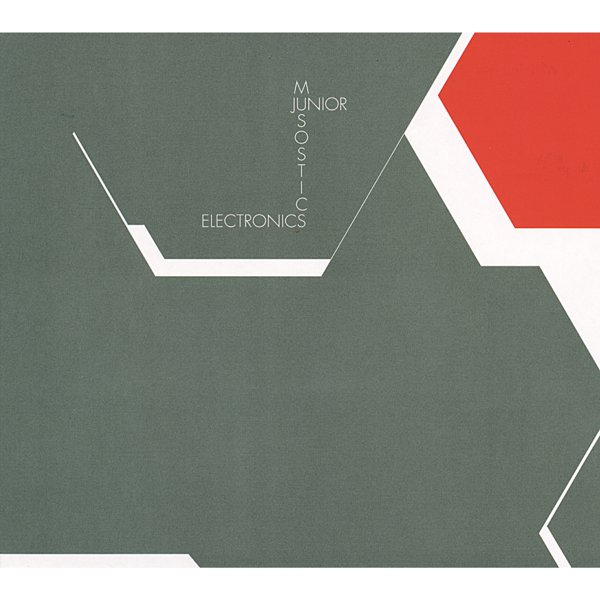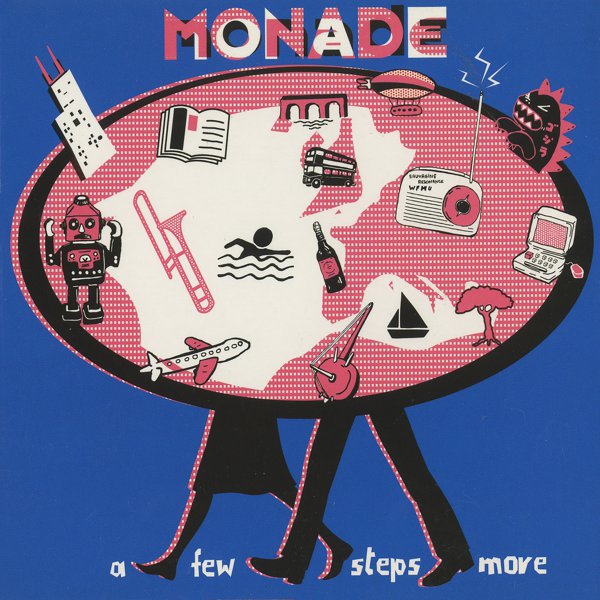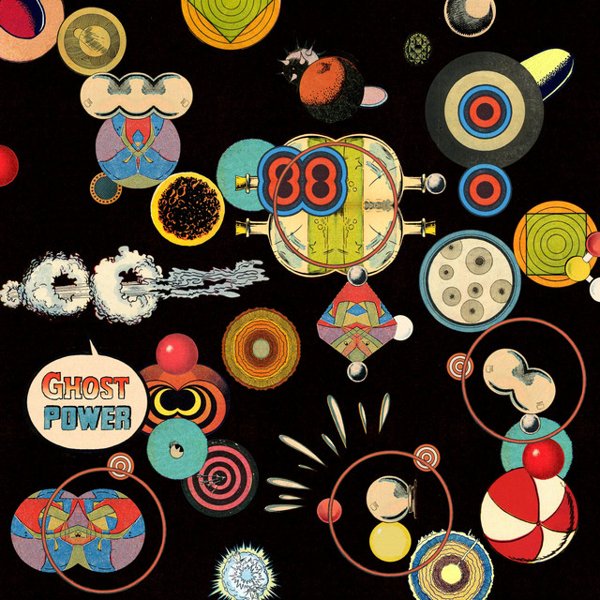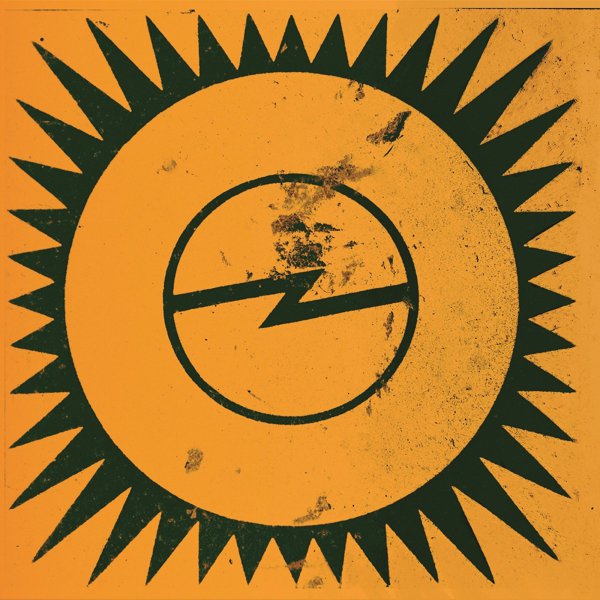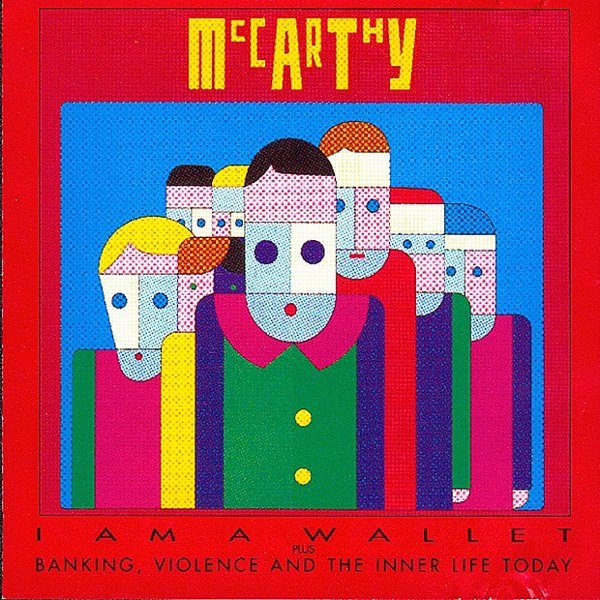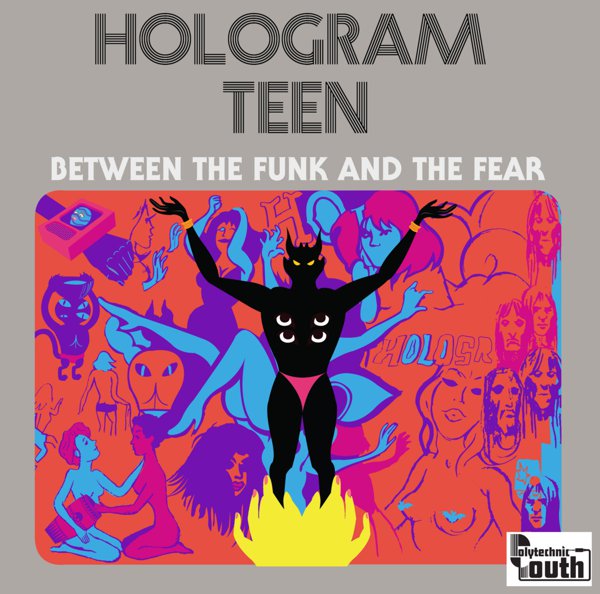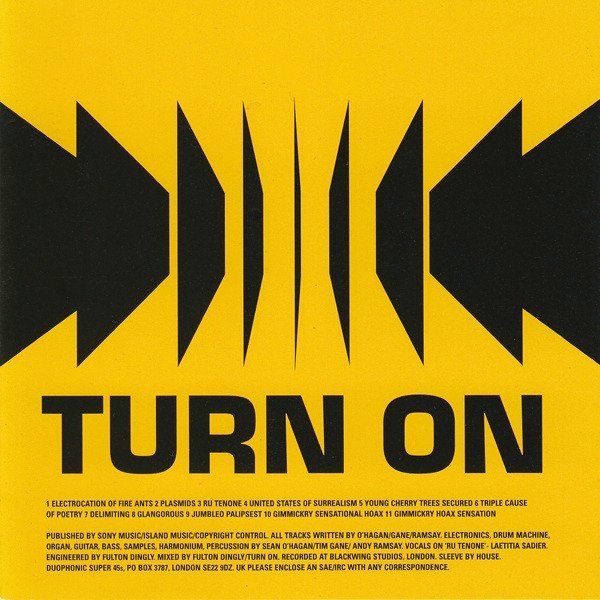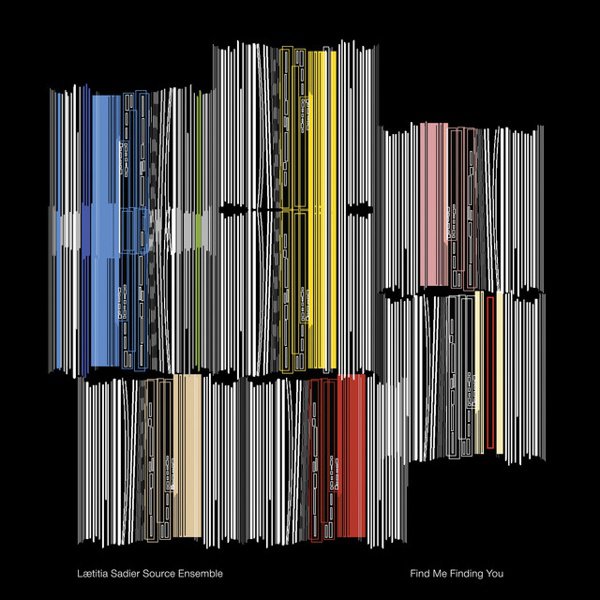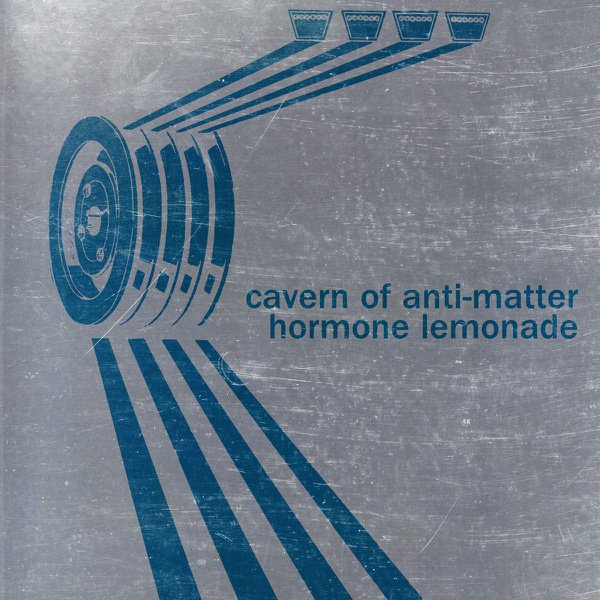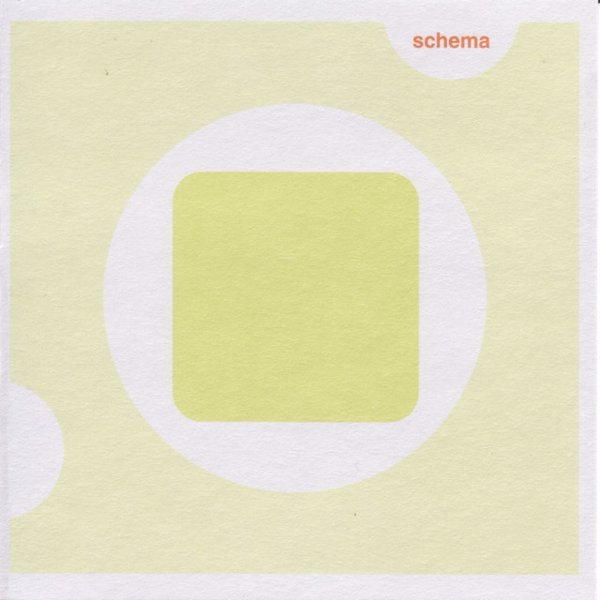Easily one of the most prolific acts of its time, in its original two decade run as an active band Stereolab split the difference between major label distributed formal albums and any number of side projects, one-offs, collaborations and other work, exploring its fusion of older sonic and musical technologies, politically pointed lyrics, a broad understanding of pop music in the 60s and beyond from around the world and much more besides. The band released so much music that even after an extensive reissue series with bonus tracks, a boxed set of numerous EPs and no less than five formal compilations of various work, most of which were double CDs, released under the overall title Switched On, there were still as of late 2022 a large amount of formally released efforts not fully compiled.
Even beyond that sphere, the individual members of Stereolab had so many side projects themselves that the sheer scope of what they did isn’t always understood. The most well known ones come courtesy of the two main figures of the band, singer Lætitia Sadier and guitarist Tim Gane, both of whom also played a further variety of instruments in their own right. The two had first started working together in the final days of Gane’s previous band, the mid to late 80s English indie group McCarthy, with Sadier joining as a backing singer both in studio and live. From there the duo began the first of what would be many incarnations of Stereolab as the lineup was in something of a constant evolution, though two key members were in place by the time of their breakout album Transient Random-Noise Bursts With Announcements. There was drummer Andy Ramsay, who would become a crucial anchor for all versions of Stereolab including the reunion years, and singer/multi-instrumentalist Mary Hansen, who would provide key harmonizing vocals with Sadier for many years until her tragic death due to a hit-and-run driver in 2002.
Even while the group was in its initial 1990s heyday various side projects started appearing, notably the UiLab EP, a collaboration with the New York trio Ui, and Turn On, a full album recorded by Gane, Ramsay and regular Stereolab producer and cohort Sean O’Hagan from Microdisney and the High Llamas. By the turn of the millennium and beyond, newer members, some of whom appeared only briefly and others who took longer stints, had numerous projects going either in their own right or with the assistance of others from the band and elsewhere. Sadier herself began her initial work separate from Stereolab under the name Monade, while bassist Simon Johns began the group Imitation Electric Piano and Katherine Gifford fronted the group Snowpony, not to mention any number of further solo efforts and one-off collaborations, one of the most notable being Hansen joining the group Hovercraft for the self-titled Schema EP.
When Stereolab went on pause in 2009, the various members went into overdrive on their own individual projects as a result, with Sadier wrapping up Monade and then launching a full solo career with a stream of elegant albums on a regular basis, along with a separate duo with David Thayer, Little Tornados. Gane himself reteamed with Stereolab’s original drummer, th’ Faith Healers’ Joe Dilworth, to begin his own new main band, the instrumental-focused Cavern of Anti-Matter, while other veterans from the group began their own efforts, notably including singer/instrumentalist Morgan Lhote as Hologram Teen and instrumentalist Joe Watson as Junior Electronics. Even with the return of Stereolab as a touring group done in combination with the wave of reissues and new compilations, no new music from the band has emerged again as of late 2022, with Gane also having started another act, Ghost Power, while Sadier continues to pursue various projects and guest appearances as suits her. Exactly where the band’s general story ultimately ends may yet be undetermined, but in terms of a real artistic legacy going well beyond the group’s central work under its own name, Stereolab’s true impact continues to play out broadly.


